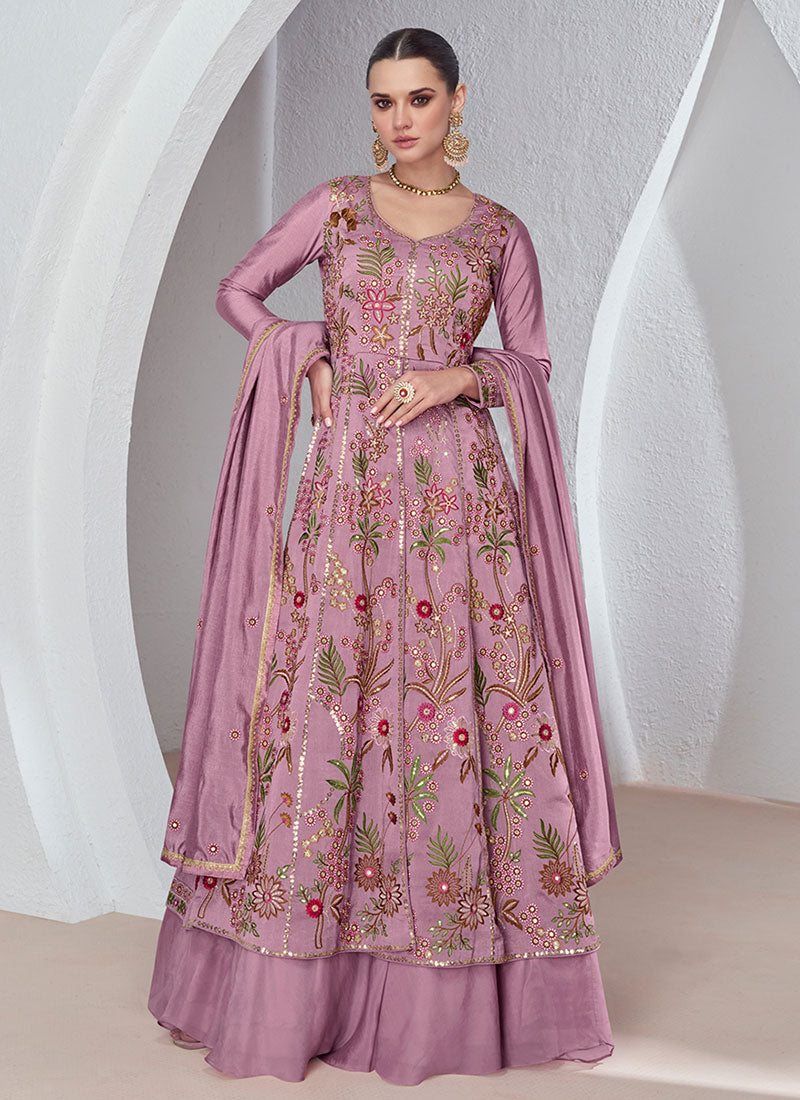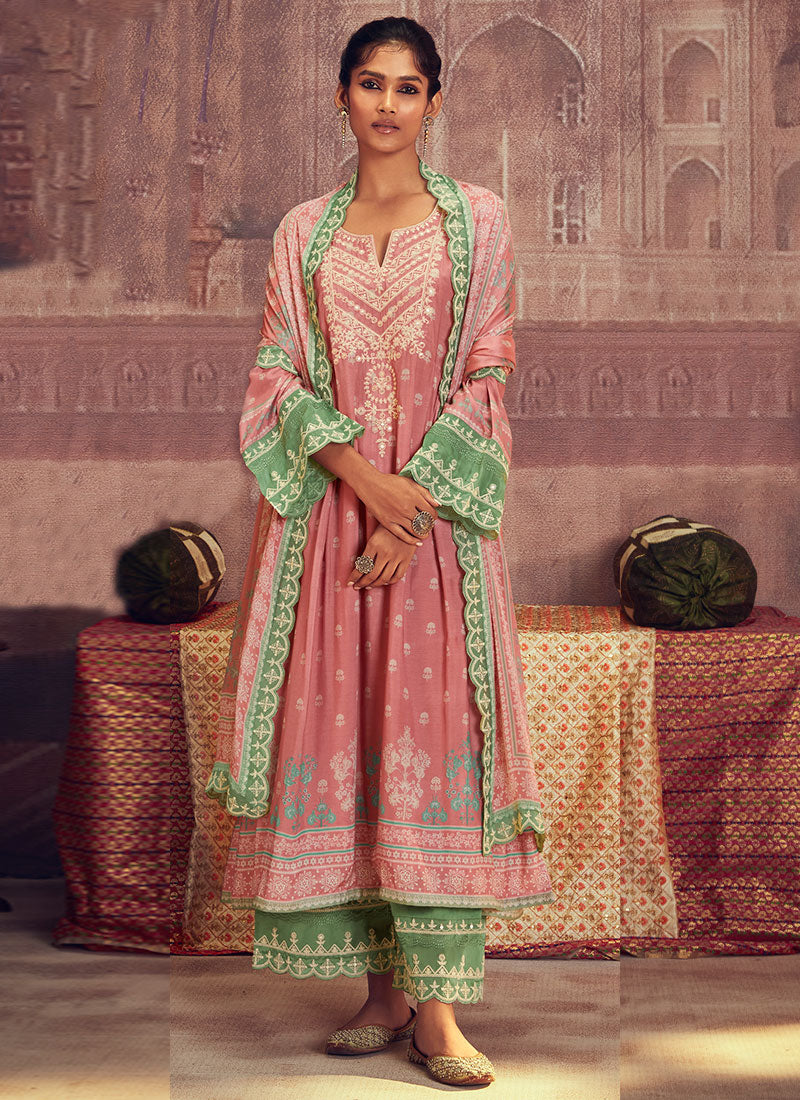Introduction:
In the world of fashion, where trends come and go, there are certain styles that stand the test of time, captivating hearts with their timeless elegance and regal charm. Among these is the Anarkali dress, a quintessential ensemble that has adorned women for centuries, evoking images of grace, femininity, and sophistication. From its origins in Mughal courts to its contemporary reinventions on fashion runways, the Anarkali dress continues to enchant with its exquisite craftsmanship and timeless appeal. Join us as we embark on a journey through the history, symbolism, and enduring allure of Anarkali dresses.
The Origins of Anarkali: A Glimpse into History
The story of the Anarkali dress begins amidst the opulence of the Mughal era, where it first gained prominence in the royal courts of Emperor Akbar. Named after the legendary courtesan Anarkali, this iconic ensemble is characterized by its flowing silhouette, fitted bodice, and flared skirt. Inspired by the grace and elegance of Persian and Central Asian styles, the Anarkali dress quickly became a symbol of luxury and refinement, adorning noblewomen and royalty alike with its timeless allure.
Symbolism and Significance:
Beyond its role as a fashionable attire, the Anarkali dress holds deep cultural significance in South Asian societies. It is not just a garment but a symbol of femininity, grace, and tradition. Worn during celebratory occasions such as weddings, festivals, and cultural events, the Anarkali dress embodies the spirit of joy and exuberance, evoking a sense of nostalgia for bygone eras. Its flowing silhouette and intricate embellishments pay homage to the rich heritage and artistic legacy of Indian craftsmanship, serving as a visual testament to the country's cultural heritage.
Craftsmanship and Design:
One of the most remarkable aspects of Anarkali dresses is the exquisite craftsmanship and attention to detail that goes into their creation. From the selection of luxurious fabrics such as silk, chiffon, and georgette to the intricate embroidery, zari work, and embellishments, every aspect of an Anarkali dress is meticulously crafted to perfection. Designers draw inspiration from traditional motifs, patterns, and techniques, infusing each ensemble with a sense of heritage and authenticity. Whether adorned with delicate floral motifs, intricate threadwork, or shimmering sequins, Anarkali dresses showcase the beauty and artistry of Indian craftsmanship.
Contemporary Interpretations:
While deeply rooted in tradition, Anarkali dresses have also undergone a transformation to adapt to modern sensibilities. Contemporary designers have reinterpreted this timeless attire, infusing it with new colors, fabrics, and silhouettes to cater to evolving fashion preferences. From sleek, minimalist designs for the urban professional to fusion styles blending traditional elements with global influences, the Anarkali dress continues to evolve while retaining its essence. Whether worn as a traditional suit or a fusion-inspired gown, Anarkali dresses offer a perfect blend of tradition and modernity, captivating fashion enthusiasts with their timeless elegance and versatility.
Celebrity Endorsement and Global Appeal:
In recent years, the allure of Anarkali dresses has transcended borders, gaining popularity not only among South Asians but also fashion enthusiasts worldwide. Celebrities, influencers, and designers alike have embraced this iconic ensemble, showcasing its beauty on red carpets, fashion runways, and social media platforms. From Bollywood stars gracing the silver screen in resplendent Anarkali ensembles to international celebrities making style statements at prestigious events, the Anarkali dress continues to captivate audiences with its regal charm and timeless appeal.
Conclusion:
In a world where fashion trends may come and go, Anarkali dresses stand as a beacon of timeless elegance and regal charm. From their origins in Mughal courts to their contemporary reinventions, these iconic ensembles continue to enchant with their exquisite craftsmanship, symbolism, and cultural significance. As we celebrate the enduring allure of Anarkali dresses, let us also honor the artisans, designers, and generations past who have contributed to their timeless legacy. Whether worn as a symbol of cultural pride or a fashion statement, Anarkali dresses remain an eternal symbol of beauty, grace, and sophistication.













